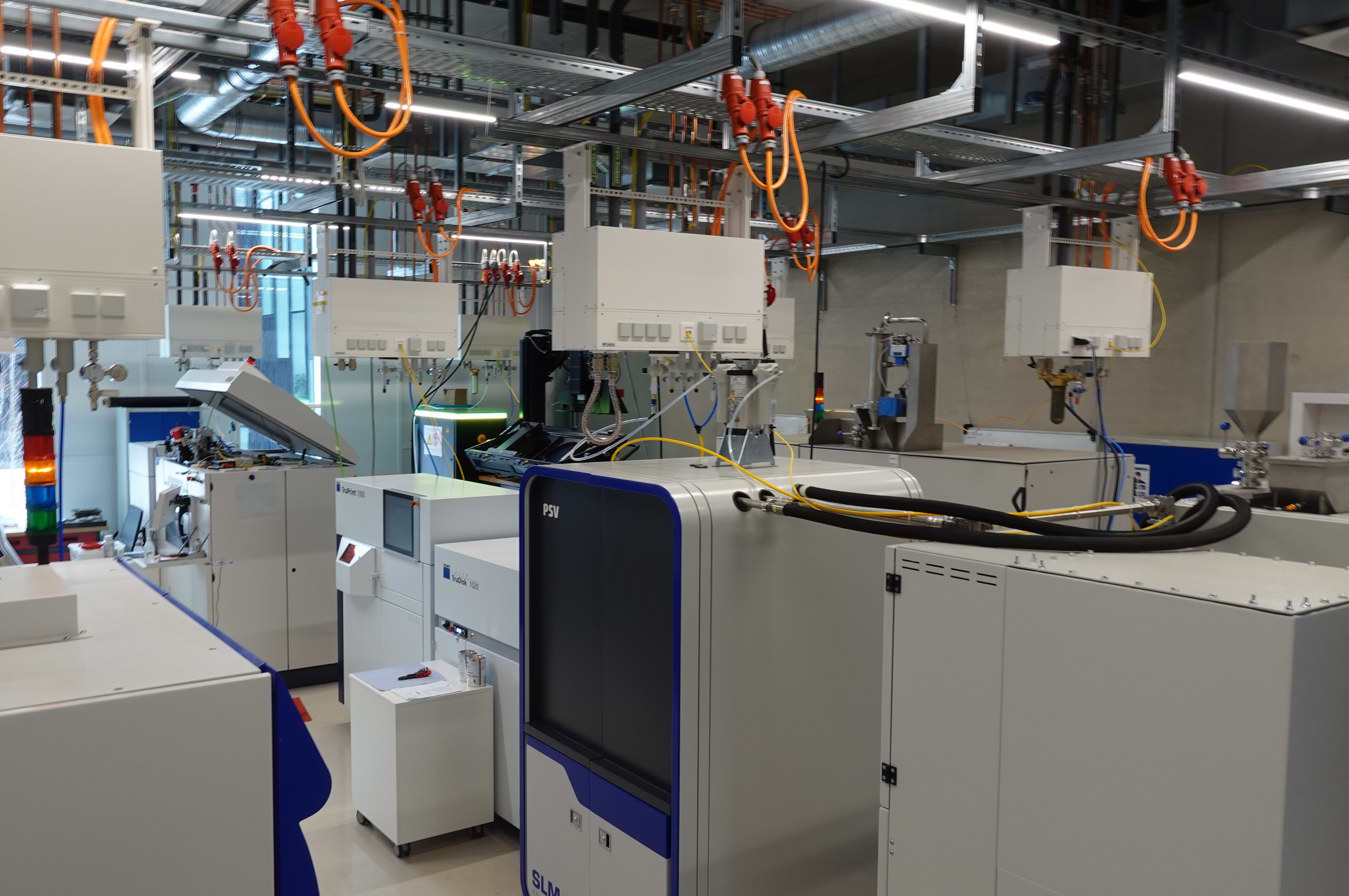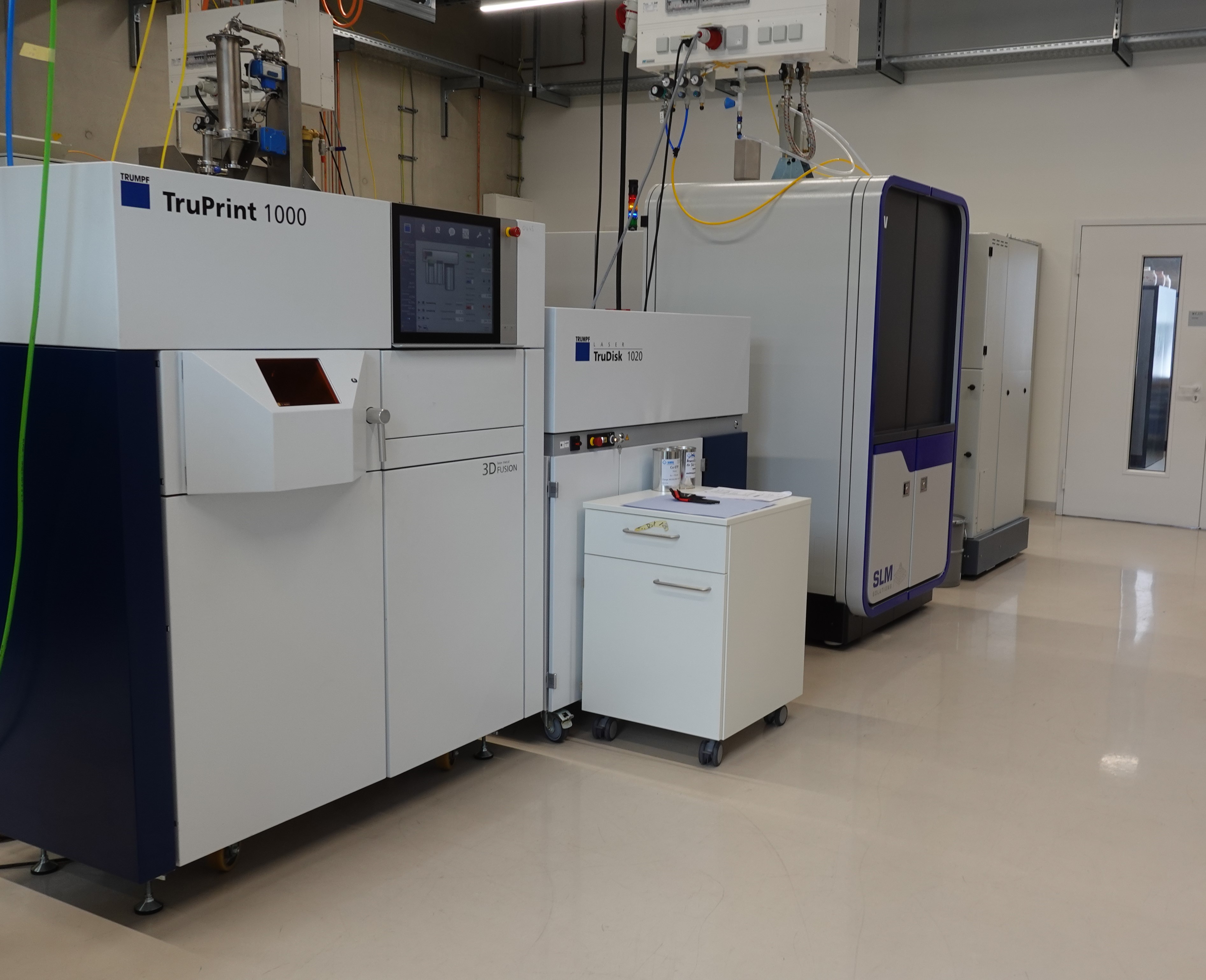Increasing use of additive manufacturing technologies
Additive manufacturing technology is increasingly being used as part of industrial manufacturing. Over the last 30 years, the average growth rate has been around 27 percent, although most additive manufacturing equipment is still mainly set up alongside actual production in pilot plants and laboratories. However, initial implementations of exclusively additive manufacturing factories and the steady development of high-performance equipment along the entire process chain show the increasing need for additive manufacturing on an industrial scale.


